Stainless steel soil blockers
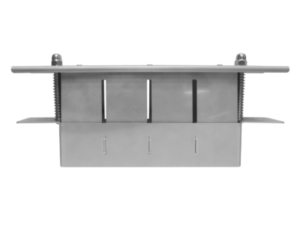

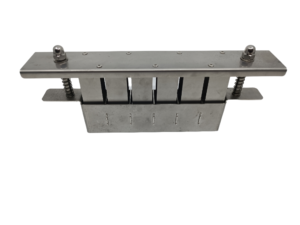
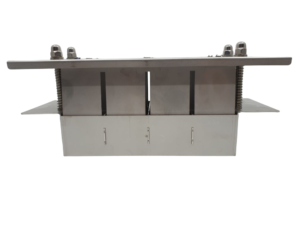
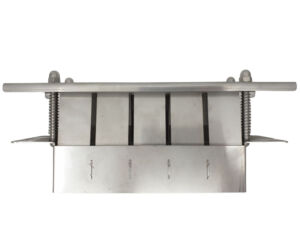
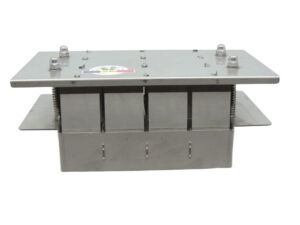
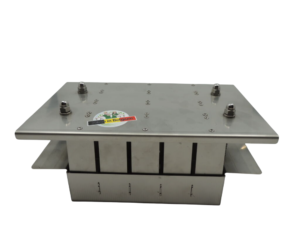
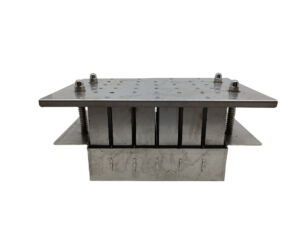
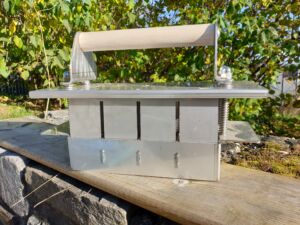
Is your soil ready? What are you going to plant there? You can either sow under cover and transplant when your plants are ready, or sow directly into the ground. If you don’t have time, you can also buy your young plants at a garden centre.
For our garden, we have chosen to order our ORGANIC seeds.
We chose these seeds for several reasons:
• the seeds are certified organic;
• there is a wide choice of varieties;
• we can sow several seeds per block thanks to the stainless steel soil blocker and choose the healthiest plant;
And then, the satisfaction of seeing our first shoots germinate on the surface of the soil of course!
Read the instructions carefully…
If you decide, like us, to sow your seeds yourself using the stainless steel soil blocker, you have two choices: plant under cover or sow into the ground. How to choose? Well, for that, the packets of seeds that you bought will be able to help you.
You will find the following information on the packet:
• a brief description of the variety;
• the planting calendar;
• the number of days before germination;
• the adult plant size;
• the planting intervals;
• the harvesting time;
• the location;
• the necessary compost inputs.
You will also be able to find the date of packing which tells you the year in which the seeds were packeted and their expiry (plant by) date.
The vegetables that lend themselves best to early sowing are those that best tolerate being transplanted, such as broccoli, Brussels sprouts, cauliflower, celery, aubergine, leeks, lettuces, onions, peppers and tomatoes. For other vegetables such as carrots, beets, turnips and parsnips, it is better to sow them directly in the ground because they do not tolerate transplanting well. The same is true for corn, beans and peas.
Choose a pot… or not.
We are big supporters of reuse! You can use a milk carton, a paper, plastic or expanded polystyrene cup, a transparent pastry box, etc. But the best waste is waste that has never been produced. Then, you can use a stainless steel soil blocker, a durable tool used by professionals that you can reuse year after year without producing waste!
